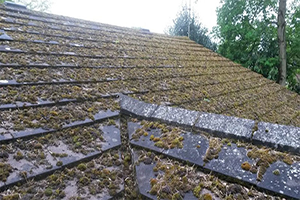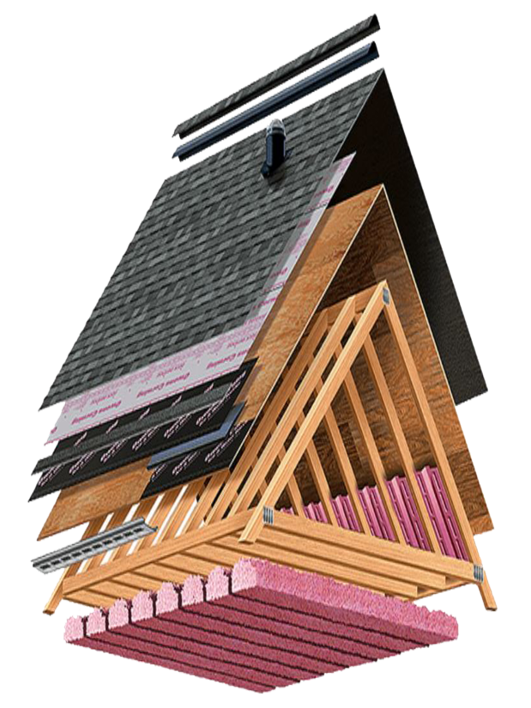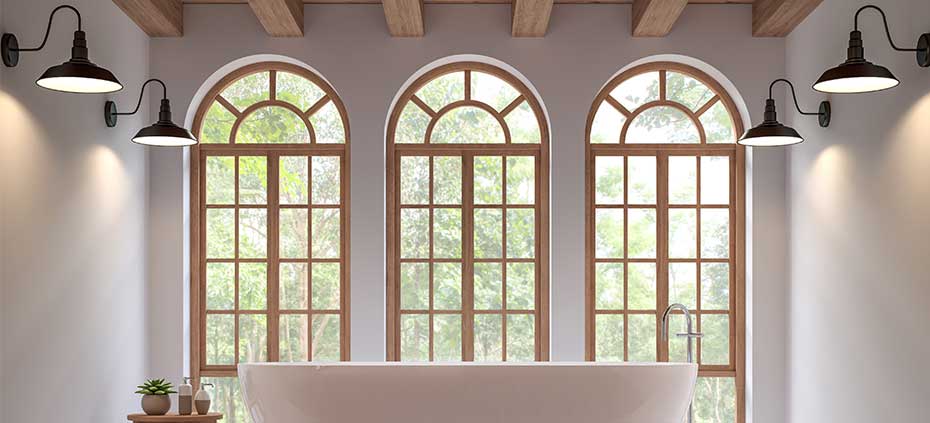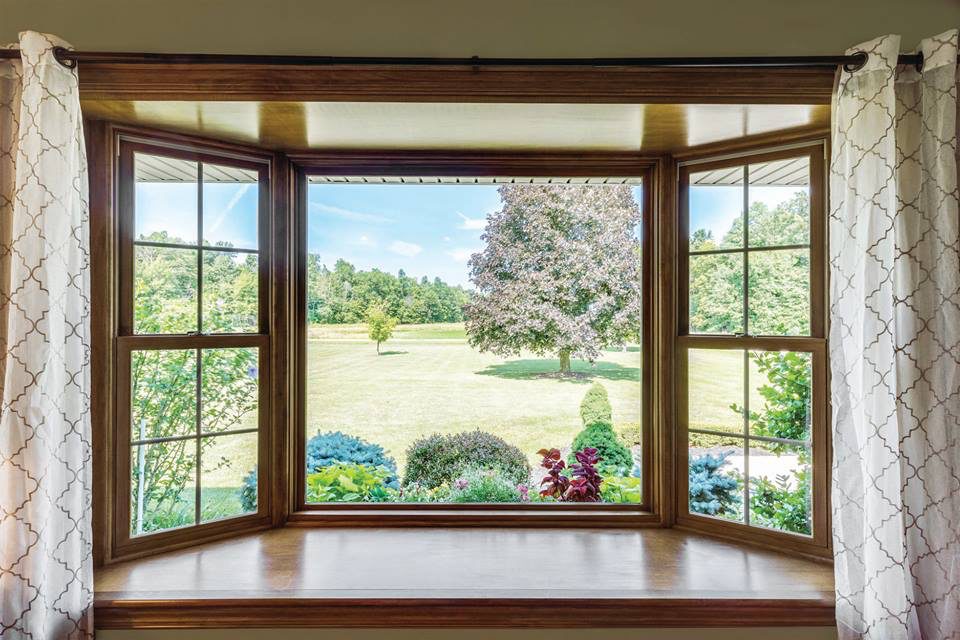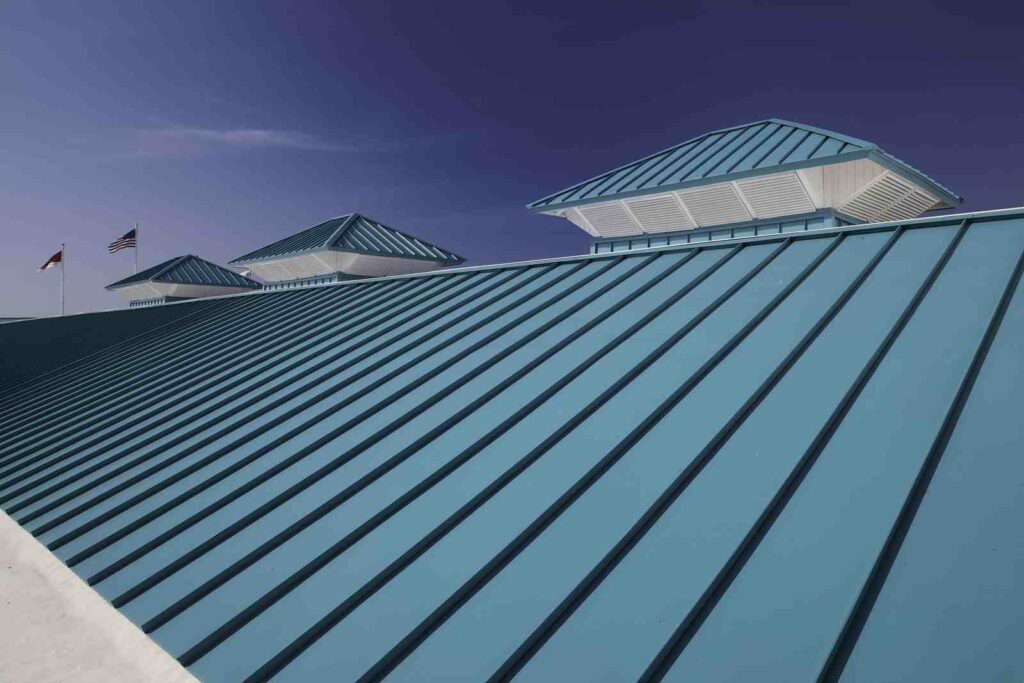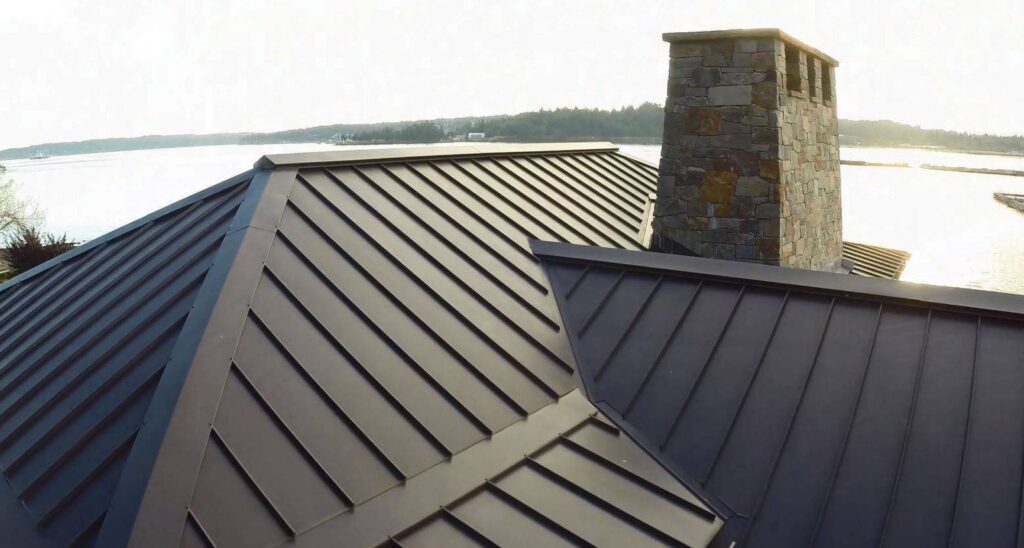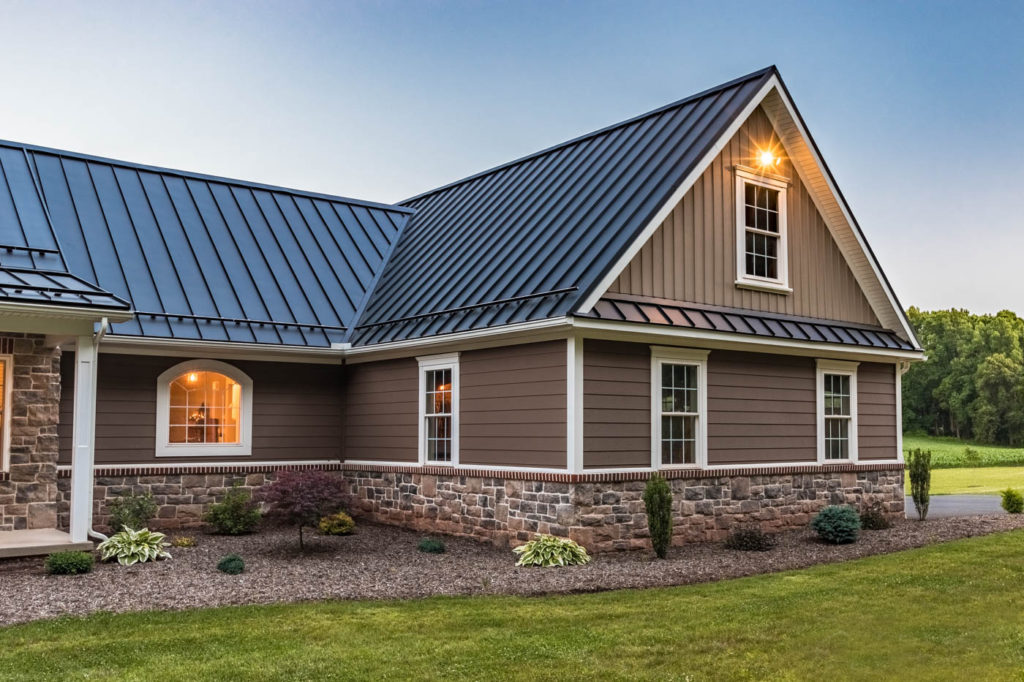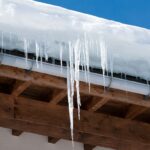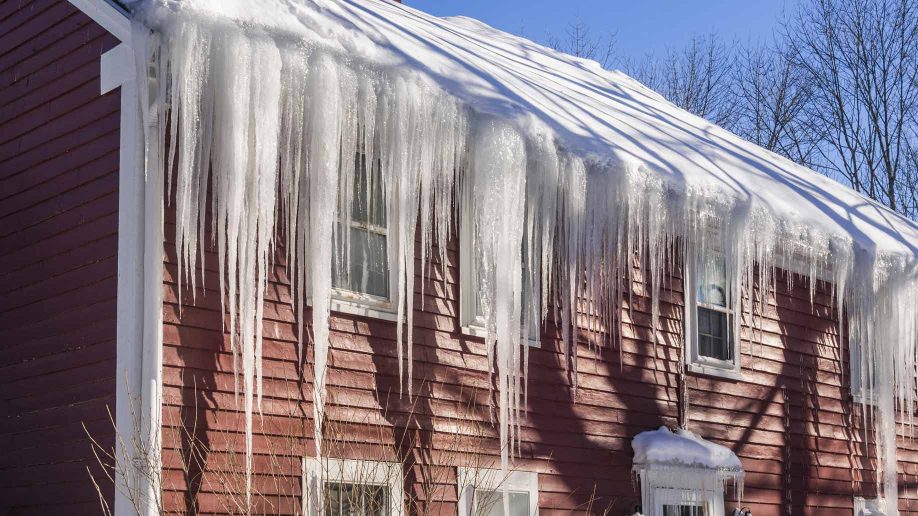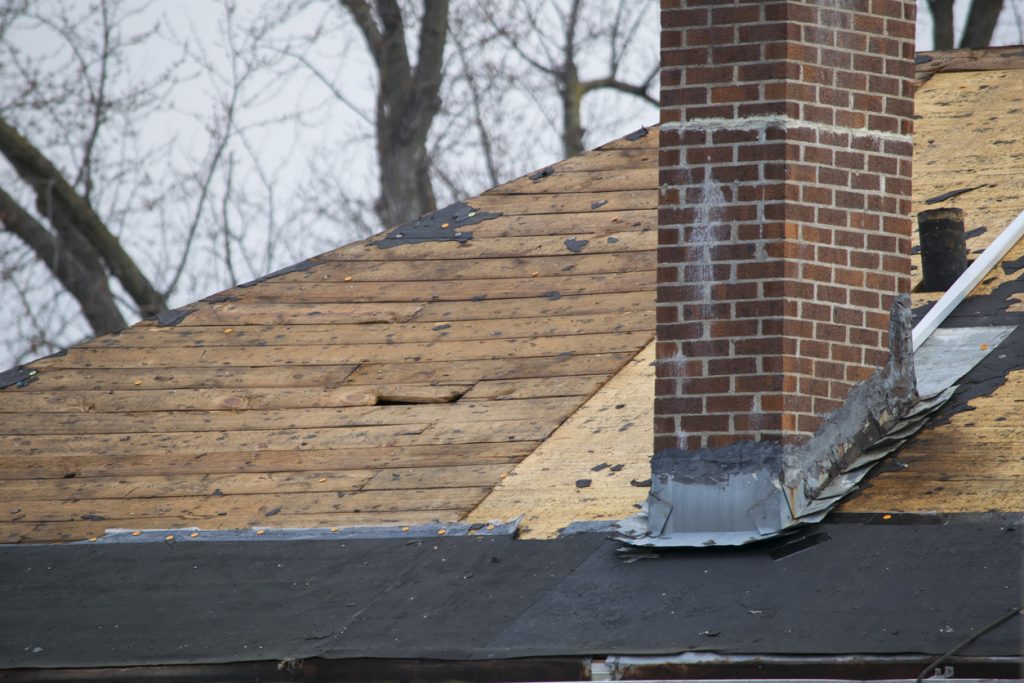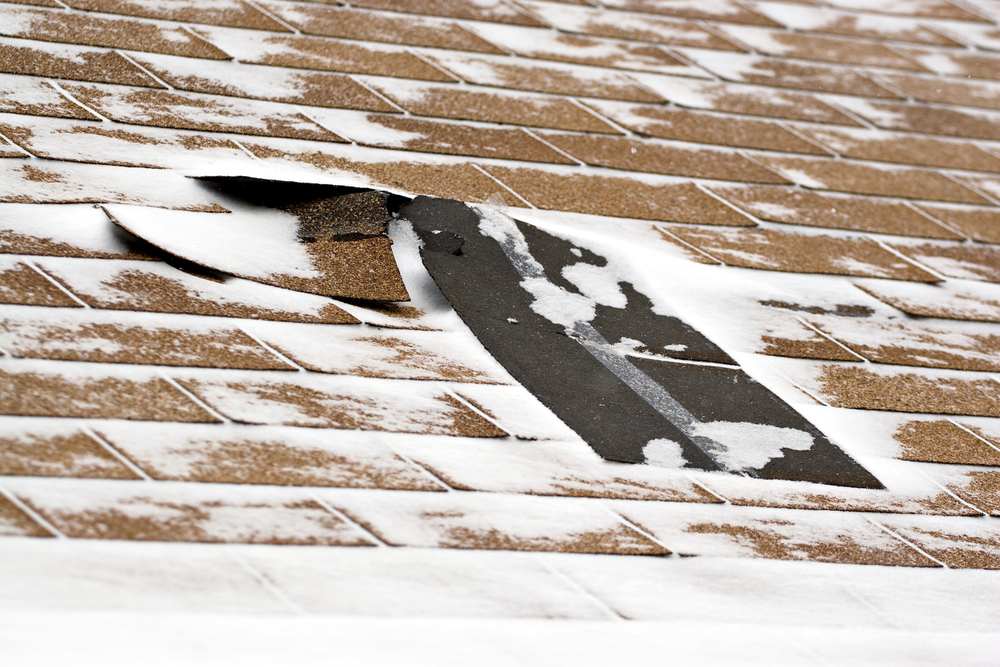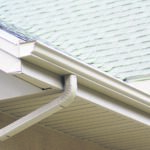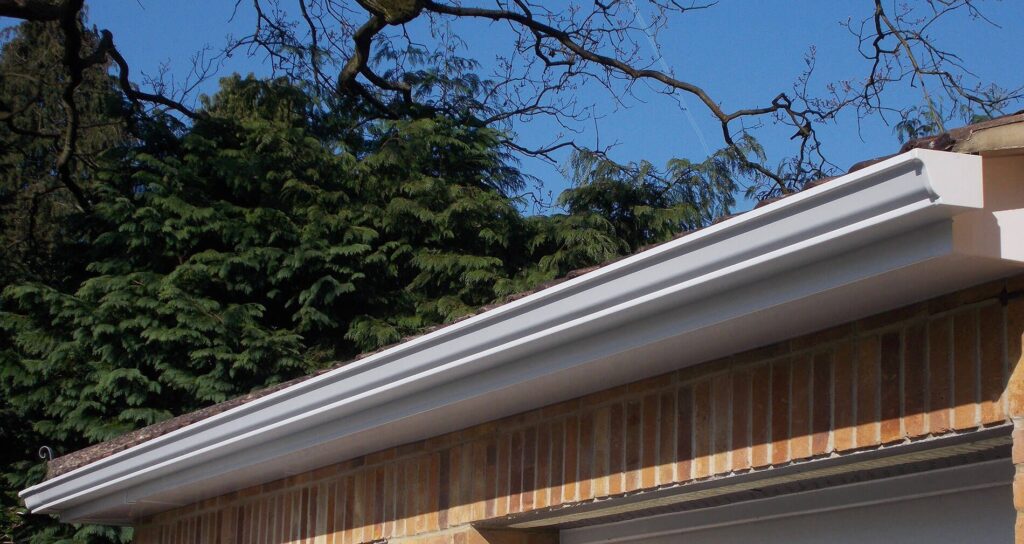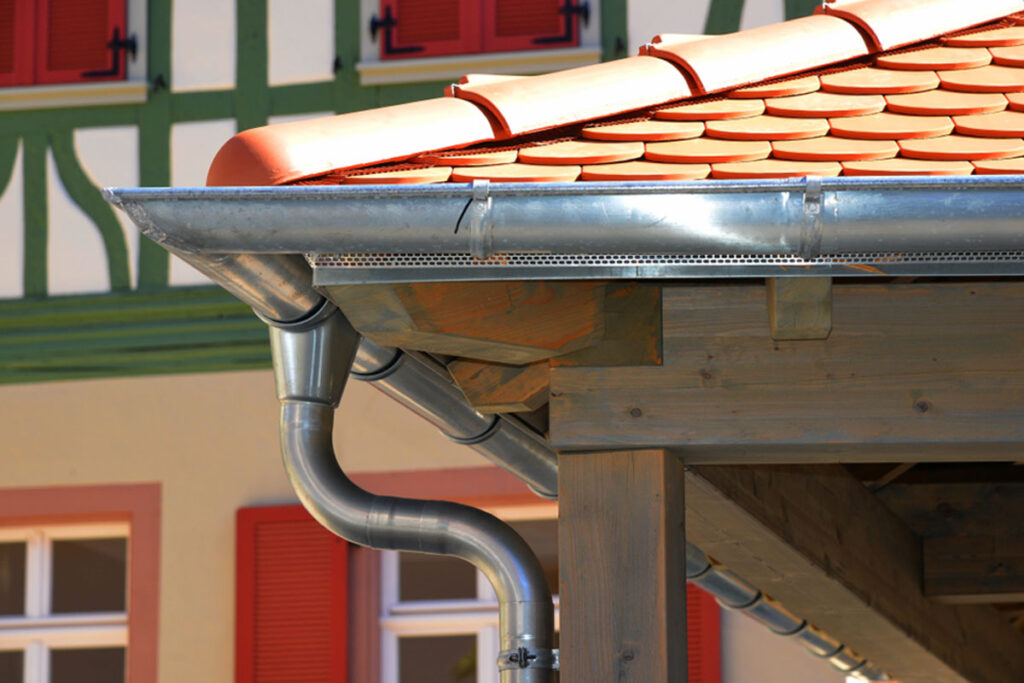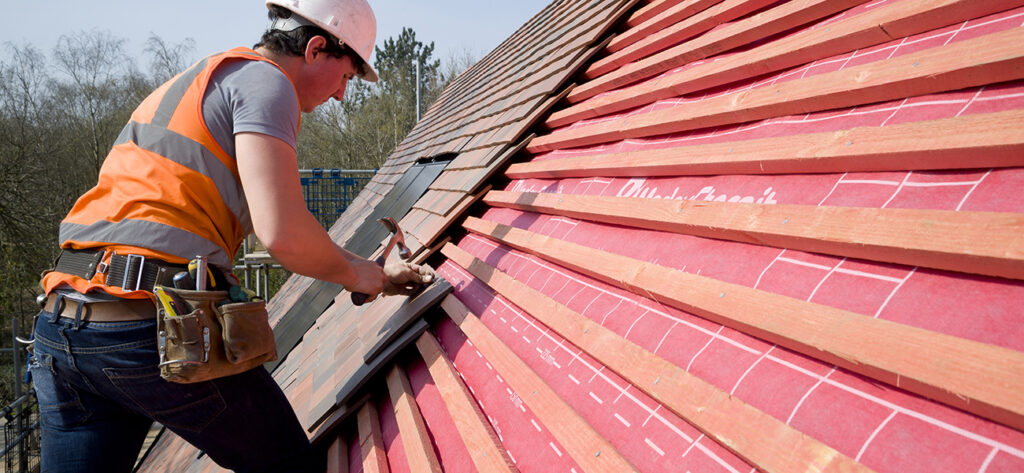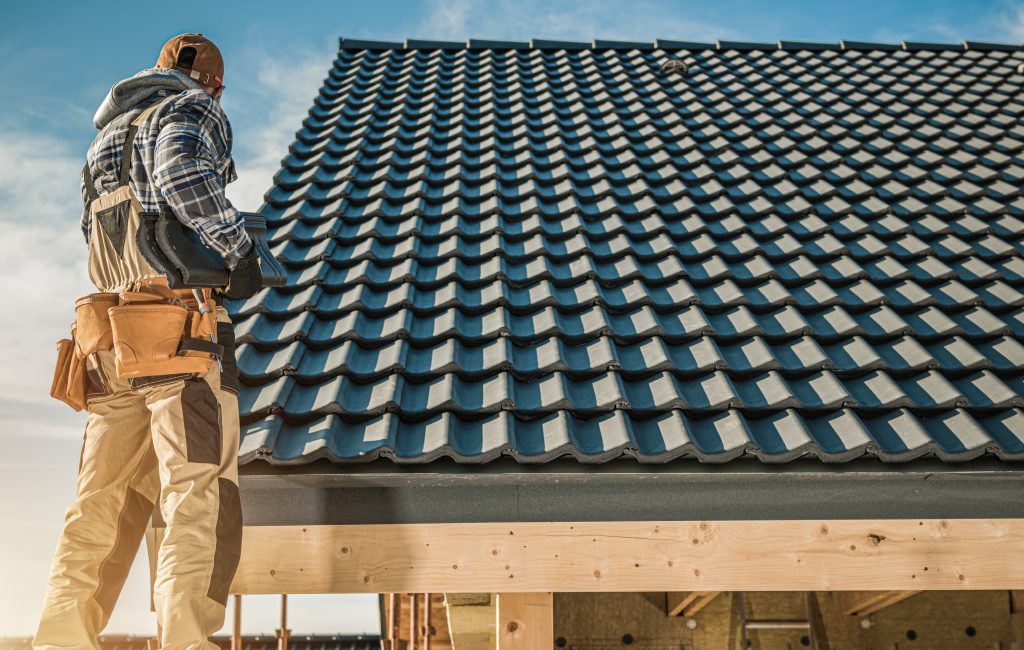When it comes to saving energy and lowering heating bills, most homeowners instantly consider replacing windows, upgrading to a new gas boiler or installing additional wall insulation. While all of these actions are beneficial, roof insulation is sometimes overlooked—or at least not given the same level of priority. A well-insulated roof is essential for keeping a comfortable internal temperature and ensuring that your gas boiler performs efficiently. In this essay, we'll look at how an insulated roof can help, why it works so well with a gas boiler, and why frequent boiler repair is equally crucial for attaining long-term energy savings.
Roof Insulation and Energy Efficiency
Heat rises. That simple concept is at the heart of understanding why your roof is essential in any heating plan. Even the most efficient gas boiler will have to work overtime if a substantial amount of heat escapes through an inadequately insulated roof. According to some estimates, this can result in the loss of up to 25% of the heat in a normal home.
Roof insulation that has been properly installed functions as a thermal blanket, retaining heat inside the living spaces below while reducing heat transmission into the attic and beyond. This means that your home retains heat more effectively, and your heating system—whether it's radiators or an underfloor setup powered by a gas boiler—needs to cycle less frequently to maintain a constant temperature. What was the result? A cosier house, lower energy bills and a longer-lasting gas boiler.

How Roof Insulation Improves Gas Boiler Performance.
1. Reduced Boiler Cycle
The fewer times your boiler must switch on and off to maintain a specific temperature, the better. Insulating your roof keeps heat inside for longer, resulting in fewer heating cycles. With less load on your boiler, its components will wear out less quickly. Over time, this can considerably minimise the need for maintenance and extend the total service life of your boiler.
2. Improved Heating Distribution
A residence without appropriate roof insulation frequently has temperature imbalances. You may notice that the downstairs rooms warm up quickly while the upstairs portions remain cold, requiring the boiler to work harder to balance the temperature. By limiting a significant loss of heat via the roof, you may maintain a more consistent climate throughout the house, allowing your boiler to run more predictably and effectively.
3. Lower gas and electric bills
Most boilers require electricity to power pumps and electronic controls. By keeping the warm air inside, you'll use less gas overall, and you might even see a slight reduction in electricity use associated with boiler operation. Over the course of a year, these savings can accumulate significantly.
Gas Boiler Maintenance: The Importance of Servicing and Repair
Even with the best roof insulation, an inefficient or badly maintained gas boiler can jeopardise your energy savings efforts. Regular maintenance and timely gas boiler repairs are crucial. Here's why.
1. Safety first
A badly maintained boiler may develop leaks or other concerns that endanger health and safety, such as carbon monoxide emissions. An annual service helps detect and address these issues before they become dangerous.
2. Optimised efficiency
Dust, grime, and worn out components can all contribute to inefficiency. A competent expert will clean and replace parts as needed to ensure the boiler performs at the desired efficiency level. A well-maintained boiler is an essential complement to your well-insulated roof, allowing the entire system to function smoothly.
3. Long Lifespan
The better you maintain your boiler, the longer it will last. Regular check-ups help identify minor problems before they become major, expensive repairs. This preventative technique eliminates the need for a premature replacement, saving you a significant amount of money over time.
4. Consistent Heating Performance
A properly serviced and repaired boiler will provide dependable warmth throughout the winter. This regularity not only keeps your home warm, but it also protects you from having to rely on expensive emergency heating options if your boiler unexpectedly fails.

Additional Considerations for Effective Roof Insulation
- Type of insulation
Different materials, such as fibreglass batts, spray foam, and cellulose, provide varying levels of insulation. To choose the best solution for your home, consider costs, ease of installation, and heat resistance (typically measured in R-value).
- Ventilation
While you want to keep heat in, it's still important to maintain good ventilation in the attic or loft to avoid moisture buildup and associated problems like mould or decay. Balancing insulation with proper ventilation is critical.
- Professional installation
Although some homeowners prefer DIY insulation, professional installation helps ensure that the material is applied evenly, particularly around problematic areas like as skylights or eaves. Proper installation has a direct correlation with the insulation's long-term effectiveness.
- Roofing Condition
Before insulating, ensure sure your roof is in good condition. Leaks from a broken roof might degrade insulation and cause structural issues in the future.
Conclusion:
A home's heating system is only as good as its weakest link, and if your roof isn't properly insulated, you're essentially allowing money—and warmth—to leave every winter. By adding or improving roof insulation, you not only keep heat inside but also lower the strain on your gas boiler. When combined with annual maintenance and repairs, an efficient gas boiler and a properly insulated roof form a synergy that increases comfort, reduces energy costs and extends the life of your heating equipment. It's an investment that will pay off for years to come, not just in lower expenses, but also in peace of mind and year-round comfort.
Read more link text


